Colin Blunstone - Sings His Greatest Hits (1993)
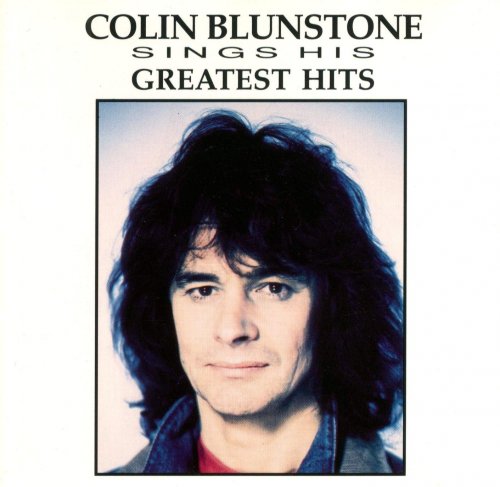
Artist: Colin Blunstone
Title: Sings His Greatest Hits
Year Of Release: 1993
Label: Castle
Genre: Rock
Quality: FLAC (tracks+.cue,log,scans)
Total Time: 37:18
Total Size: 222 MB
WebSite: Album Preview
Tracklist:Title: Sings His Greatest Hits
Year Of Release: 1993
Label: Castle
Genre: Rock
Quality: FLAC (tracks+.cue,log,scans)
Total Time: 37:18
Total Size: 222 MB
WebSite: Album Preview
01.Say You Don't Mind
02.Old and Wise
03.Caroline Goodbye
04.Andorra
05.I Don't Believe in Miracles
06.She's Not There
07.Tell Her No
08.Time of the Season
09.What Becomes of the Broken
10.Tracks of My Tears
11.Still Burning Bright
12.Don't Feel No Pain No More
24 June 1945, Hatfield, Hertfordshire, England. The lead vocalist of 60s pop band the Zombies, Blunstone’s unique creamy-breathy voice contributed greatly to their success. Two of his performances for the Zombies, ‘She’s Not There’ and ‘Time Of The Season’, have since become pop classics.
Blunstone started a promising solo career initially as Neil MacArthur, scoring a UK Top 40 hit in 1969 with a remake of ‘She’s Not There’, and then reverted to his own name with One Year in 1971. This Rod Argent -produced record included sensitive arrangements and exquisite vocals to Tim Hardin’s ‘Misty Roses’ and Denny Laine’s ‘Say You Don’t Mind’; the latter became a UK Top 20 hit. Ennismore in 1972 was his finest work, a faultless, almost continuous suite of songs that included two further UK chart hits, ‘How Could We Dare To Be Wrong’ and Russ Ballard’s ‘I Don’t Believe In Miracles’.
After two further albums Blunstone kept a low profile. He was guest vocalist on four Alan Parsons Project albums: Pyramid (1978), Eye In The Sky (1982), Ammonia Avenue (1984) and Vulture Culture (1985). As a soloist he resurfaced in 1981 as vocalist with Dave Stewart’s Top 20 hit remake of Jimmy Ruffin’s ‘What Becomes Of The Brokenhearted’, and the following year had a minor UK hit with Smokey Robinson’s ‘Tracks Of My Tears’. During the 80s he attempted further commercial success with Keats, but the conglomeration folded shortly after their debut album. His 1991 album, Sings His Greatest Hits, was a collection of his most popular songs, re-recorded with his former colleagues, including Rod Argent and Russ Ballard. Further activity was demonstrated when he sang the title track on the charity EP Every Living Moment.
1995 proved to be something of a landmark year for Blunstone with three albums issued. In the space of a few months, his various live BBC recordings were issued, a superb compilation was lovingly put together by Legacy/Epic Records, and finally a new studio album, Echo Bridge, was recorded. Blunstone participated in the assembly of Zombie Heaven in 1997, a superlative CD box set of the Zombies’ work. Reunited with Argent, they toured together and produced Out Of The Shadows in 2001. In 2004, together with Argent, the Zombies name was finally resurrected with an accompanying album. The band has continued to tour on an occasional basis.
The shy and retiring Blunstone has never become part of the rock cognoscenti, and, therefore, has not been able to reach the wider audience his excellent and distinctive voice deserves.
Blunstone started a promising solo career initially as Neil MacArthur, scoring a UK Top 40 hit in 1969 with a remake of ‘She’s Not There’, and then reverted to his own name with One Year in 1971. This Rod Argent -produced record included sensitive arrangements and exquisite vocals to Tim Hardin’s ‘Misty Roses’ and Denny Laine’s ‘Say You Don’t Mind’; the latter became a UK Top 20 hit. Ennismore in 1972 was his finest work, a faultless, almost continuous suite of songs that included two further UK chart hits, ‘How Could We Dare To Be Wrong’ and Russ Ballard’s ‘I Don’t Believe In Miracles’.
After two further albums Blunstone kept a low profile. He was guest vocalist on four Alan Parsons Project albums: Pyramid (1978), Eye In The Sky (1982), Ammonia Avenue (1984) and Vulture Culture (1985). As a soloist he resurfaced in 1981 as vocalist with Dave Stewart’s Top 20 hit remake of Jimmy Ruffin’s ‘What Becomes Of The Brokenhearted’, and the following year had a minor UK hit with Smokey Robinson’s ‘Tracks Of My Tears’. During the 80s he attempted further commercial success with Keats, but the conglomeration folded shortly after their debut album. His 1991 album, Sings His Greatest Hits, was a collection of his most popular songs, re-recorded with his former colleagues, including Rod Argent and Russ Ballard. Further activity was demonstrated when he sang the title track on the charity EP Every Living Moment.
1995 proved to be something of a landmark year for Blunstone with three albums issued. In the space of a few months, his various live BBC recordings were issued, a superb compilation was lovingly put together by Legacy/Epic Records, and finally a new studio album, Echo Bridge, was recorded. Blunstone participated in the assembly of Zombie Heaven in 1997, a superlative CD box set of the Zombies’ work. Reunited with Argent, they toured together and produced Out Of The Shadows in 2001. In 2004, together with Argent, the Zombies name was finally resurrected with an accompanying album. The band has continued to tour on an occasional basis.
The shy and retiring Blunstone has never become part of the rock cognoscenti, and, therefore, has not been able to reach the wider audience his excellent and distinctive voice deserves.
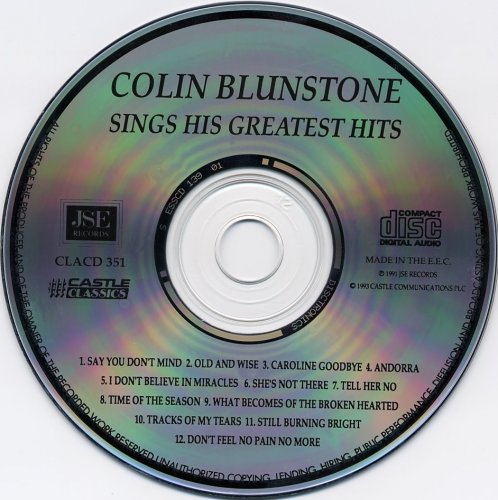
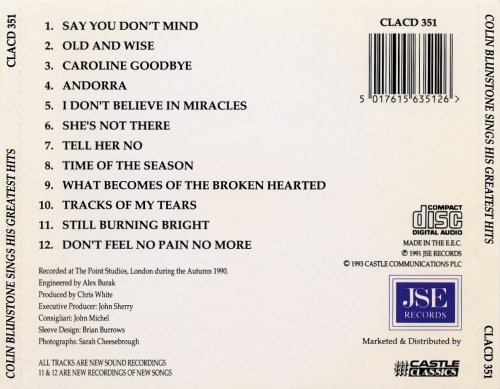
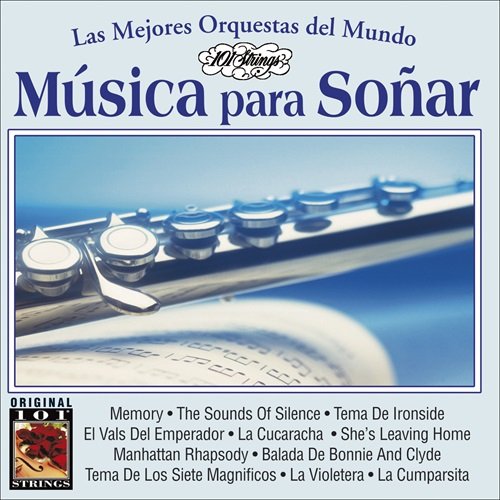
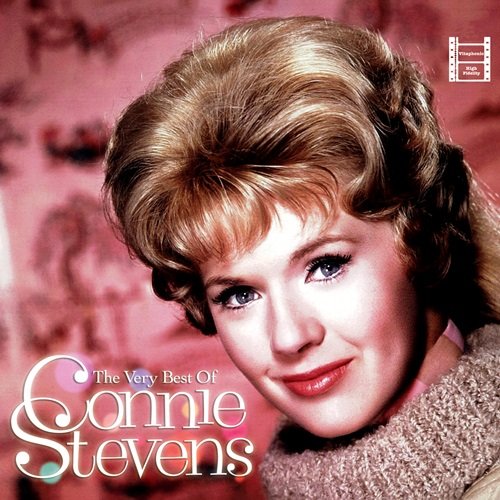
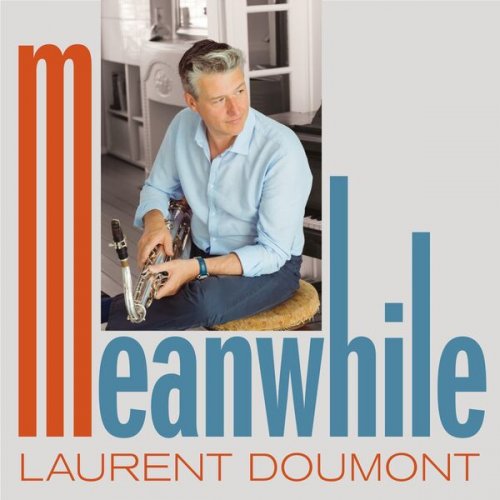

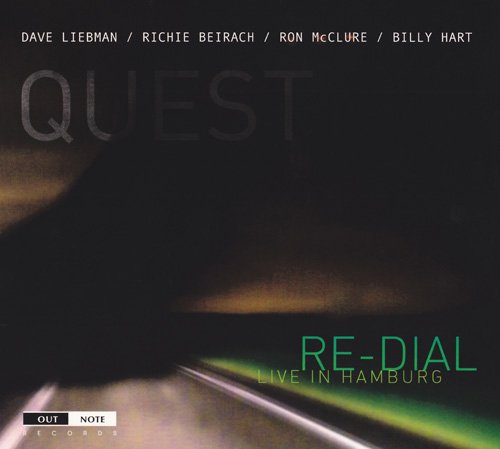
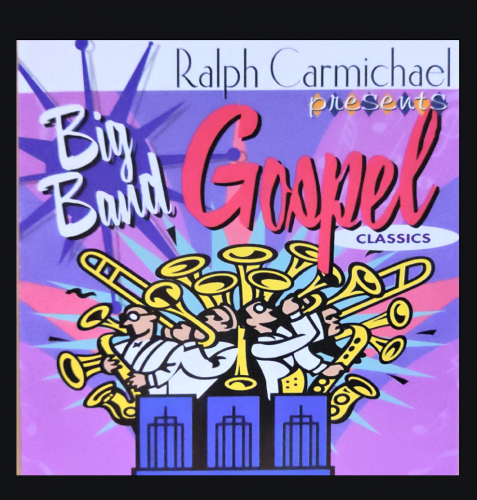
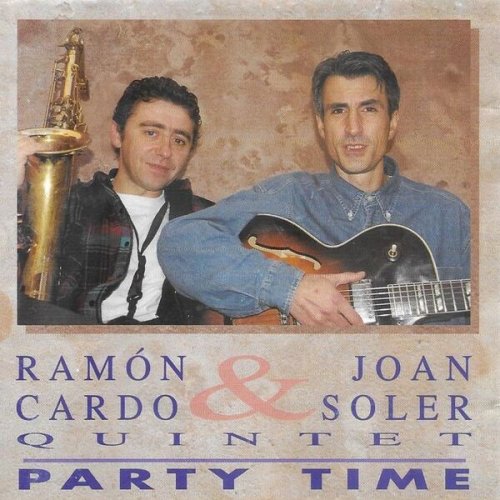
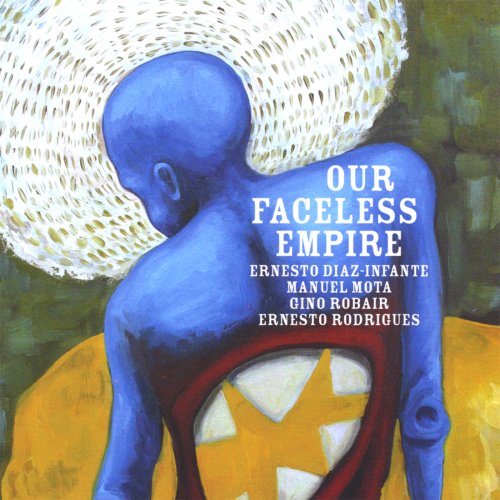
![VA - 20 Years Into An Infinite Musical Journey (2025) [SACD] VA - 20 Years Into An Infinite Musical Journey (2025) [SACD]](https://www.dibpic.com/uploads/posts/2026-02/1771834929_ff.jpg)